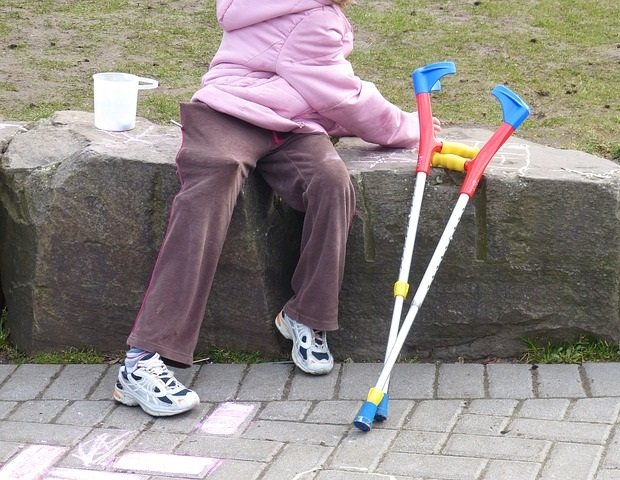With major funding from the UKRI Engineering and Physical Sciences Research Council (EPSRC), UCL will lead a £17m surgical imaging hub to improve cancer detection and address age- and disability-related mobility issues. Join our £12m partnership to find a solution. ).
The UCL Optical Acoustic Imaging for Surgery and Interventional Sciences (OASIS) Hub will be led by UCL Professor Danail Stoyanov of Computer Science. This hub creates new imaging capabilities in diagnostic and surgical imaging using light and sound, including a low-cost, portable device that uses optical tools to detect early signs of cancer by listening to sound waves. I will.
Approximately 375,000 people are diagnosed with cancer each year in the UK and over 50% will undergo surgical intervention.
However, the imaging tools currently used for early detection and surgical assistance do not always identify important details within images.
This means that signs of cancer may be missed during surveillance and diagnosis, and that treatment may not be able to remove all cancerous tissue and further surgery may be required.
OASIS has secured partner funding of £11m and £6.1m from the EPSRC and aims to tackle these issues.
The initiative is scheduled to launch in 2025, in collaboration with partners at Imperial College London, the University of Cambridge and several NHS Trusts.
Professor Stoyanov said: “New AI-assisted image processing methods have the potential to transform our ability to diagnose and treat diseases early.
“The OASIS Hub advances our fundamental understanding of the interactions between light, sound, and tissue and uses this to develop new devices to aid clinical decision-making.
Partnerships across disciplines, institutions and industries underpin our approach and are key to creating innovative solutions that benefit patients across the NHS and beyond. ”
Danail Stoyanov, Professor of Computer Science, University College London
The VIVO Hub for Enhanced Independent Living will develop technologies such as robotic clothing that “automatically puts on and takes off” and wearable devices that prevent falls. It aims to meet the needs of some of the 6.7 million people in the UK who have mobility issues related to age or disability.
Developing in collaboration with the NHS, charities, care providers and industry partners, Healthcare Technology is developing home-worn body assistive devices to improve the lives of older people and people with disabilities. The aim is to restore their independence.
VIVO will be led by the University of Bristol in collaboration with UCL, the University of the West of England, Imperial College London and the University of Strathclyde. We secured £11m from EPSRC and £847,000 in partner funding.
Professor Wenhui Song, Director of the UCL Center for Surgical Reconstruction and Regenerative Biomaterials at the Royal Free Campus, said: “We are very pleased that this award will enable us to continue the design and synthesis of advanced smart materials and intelligent sensors. I think so.”
“These flexible, smart fibers and sensors will be integrated into robotic systems to support independent living and improve the quality of life for our growing aging population.”
VIVO will involve researchers from the UCL School of Medicine’s Department of Surgery and Interventional Sciences, including Professor Janice Tsui, and researchers from the Ear Research Institute, School of Brain Sciences, including Professor Martin Birchall.
Lord Vallance, UK Science Secretary, said: “These innovative technologies have the potential to improve patient care in the UK and around the world. By investing in this research, we are helping scientists improve their lives. “We are developing technology that will change the world.”
“By working closely with patients, medical professionals, engineers, and industry partners, these advances will lead to practical solutions that improve the lives of people living with age-related mobility impairments, cancer, and other chronic conditions. You can turn it into a strategy.”
This new initiative is two of five new research projects aimed at transforming healthcare through the development and application of innovative new technologies, supported by £118m of investment, including £54m from EPSRC. is.
Professor Charlotte Dean, EPSRC Executive Chair, said: “The five new hubs will bring together a wealth of expertise from academia, industry and charities to improve population health and transform disease prediction and diagnosis. and accelerate the development of new interventions.”
“These represent an exciting range of adventurous technologies and approaches that have huge potential to improve the lives of millions of people here in the UK and around the world.”
sauce:
university college london

